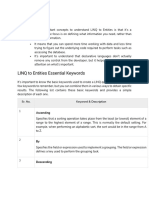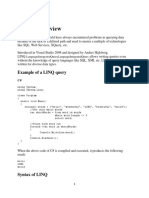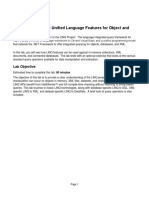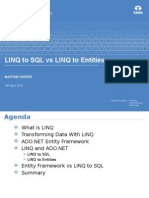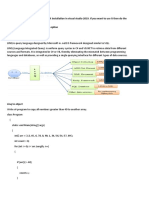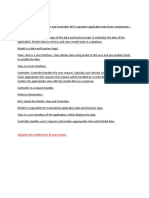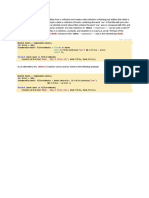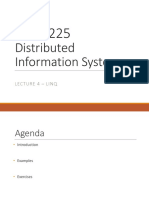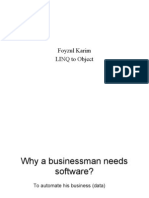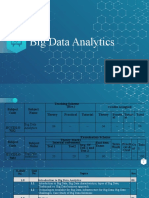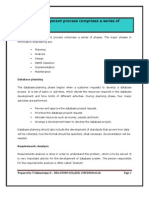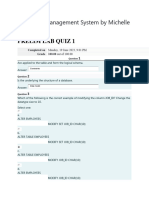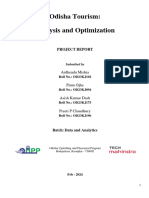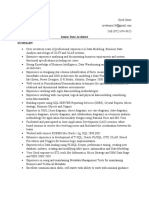0% found this document useful (0 votes)
15 views24 pages04 Linq
The document provides an overview of Language Integrated Query (LINQ) in Entity Framework Core, covering key concepts such as filtering, aggregation, joining, and the differences between IEnumerable and IQueryable. It explains the use of LINQ methods for querying data and creating result models. Additionally, it emphasizes the importance of understanding when to use each interface for optimal data handling.
Uploaded by
Ivan IvanovCopyright
© © All Rights Reserved
We take content rights seriously. If you suspect this is your content, claim it here.
Available Formats
Download as PDF, TXT or read online on Scribd
0% found this document useful (0 votes)
15 views24 pages04 Linq
The document provides an overview of Language Integrated Query (LINQ) in Entity Framework Core, covering key concepts such as filtering, aggregation, joining, and the differences between IEnumerable and IQueryable. It explains the use of LINQ methods for querying data and creating result models. Additionally, it emphasizes the importance of understanding when to use each interface for optimal data handling.
Uploaded by
Ivan IvanovCopyright
© © All Rights Reserved
We take content rights seriously. If you suspect this is your content, claim it here.
Available Formats
Download as PDF, TXT or read online on Scribd
/ 24

